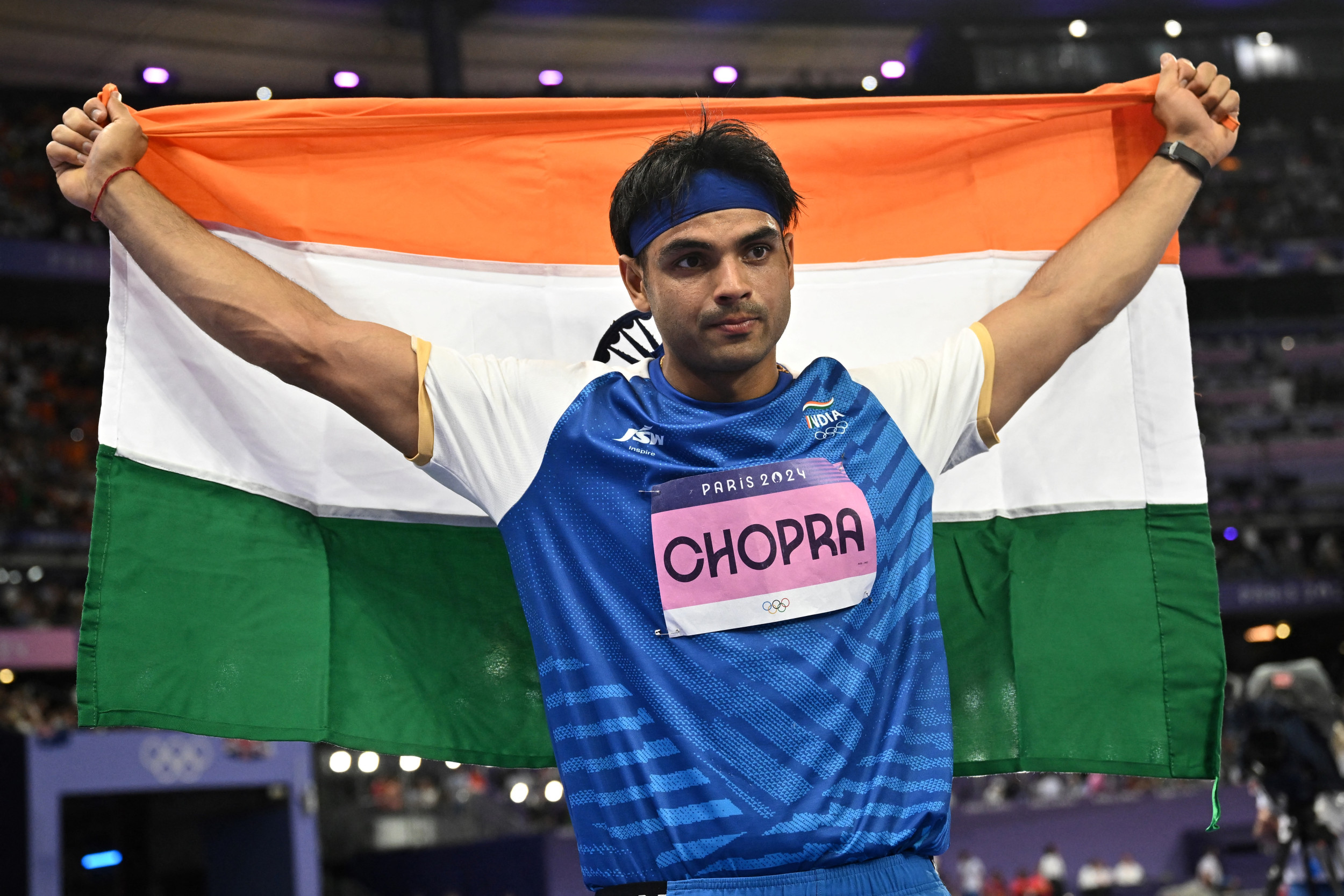After a disappointing performance at the 2024 Olympics in Paris, India is now reflecting on its future as it gears up for the 2028 games in Los Angeles.
Despite being home to over 1.45 billion people, India landed in 71st place on the medals table, securing only six medals without any gold. The sting was further exacerbated by Pakistan winning a gold medal, even if they didn’t win any others.
Prime Minister Narendra Modi’s decade-long promise to revamp India’s sports landscape has seen its fair share of plans and committees, but the results in Paris didn’t align with those expectations.

Photo by BEN STANSALL/AFP via Getty Images
While India earned 15 medals over the past eight years, it fell short in Paris, averaging one medal for every 236 million people. In contrast, neighboring Bangladesh—population 171 million—failed to secure any medals at all.
According to Dilawar Singh, former National Director General of the Youth Affairs Department, “There’s clearly a gap, and it’s up to the government to evaluate the reasons behind it.” Singh believes the Modi administration must tackle these issues proactively to enhance India’s sports future post-Paralympics.
The correlation between economic power and Olympic success suggests that countries with larger economies tend to accumulate more medals. India, however, hasn’t followed the trend most other wealthy nations have displayed since the first modern Olympics in 1896.
With a GDP predicted at $650 billion in 2024, India achieved one medal for every $650 billion, showcasing its struggle in Olympic fields. The only country faring worse was Saudi Arabia, which didn’t achieve any medals despite a $1.1 trillion GDP.
Outclassed by Geopolitical Rivals
India was eclipsed by its competitors, with China nabbing medals at a rate of one for every $210 billion GDP and one for every 15 million citizens. Pakistan earned its gold with a GDP of $338 billion and a population of 251 million, placing it slightly above India in overall medal rankings.
Historically, India has won several golds in field hockey but has struggled to maintain overall medal performance in recent decades.
On a positive note, Adille Sumariwalla, President of the Athletics Federation of India, points out that “the systems and processes in the Indian sports ecosystem are starting to show results.” He encourages optimism for India’s prospects as they prepare for LA 2028.
While the total medals in 2024 were second only to the seven won in Tokyo, critics cite the need for reform in the complicated sport governance landscape in India.
However, former Indian badminton star Prakash Padukone argued that it’s unfair to place the blame solely on federations or the government. “Ultimately, the responsibility lies with the athletes to perform during crucial moments,” he noted.
India’s sports framework stands in stark contrast to China, which matched the U.S. for golds in 2024. China invested approximately $3.2 billion in sports compared to India’s $400 million, highlighting a considerable disparity in funding and infrastructure quality.
Despite cricket being India’s passion and a global powerhouse—ranked top in ICC ODI and T20 formats—it was absent from Paris. Yet, cricket will make a return in Los Angeles, adding hope for better representation.
